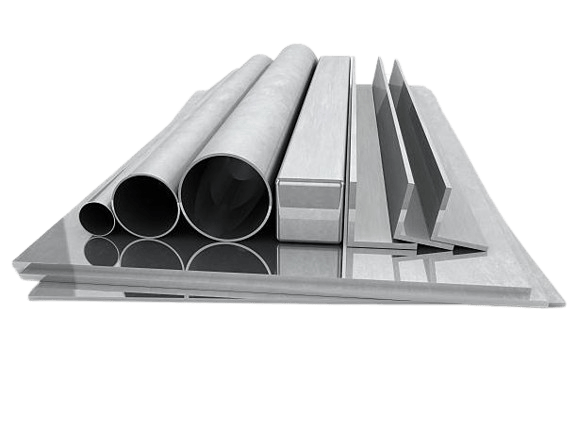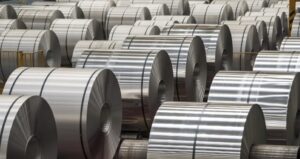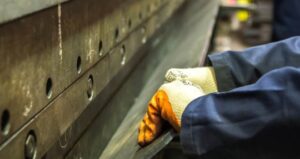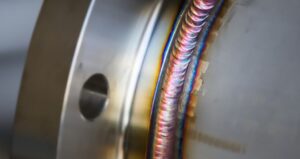Aluminum, extensively utilized across diverse applications, presents a versatile material choice. When considering aluminium in salt water environments, the optimal aluminum grade selection becomes crucial. This blog aims to identify the premier aluminum grade for use in saltwater and elucidate the rationale behind this selection.
Aluminium In Salt Water
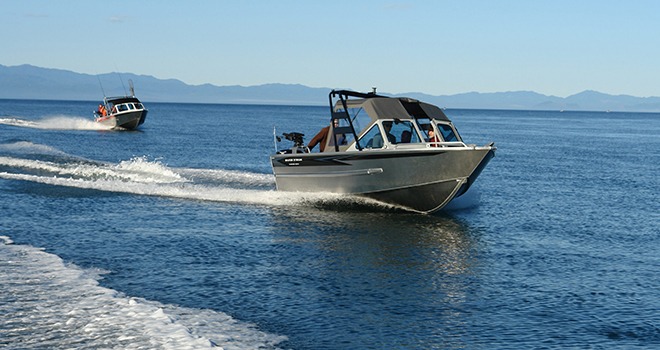
Within the marine environment, aluminum’s performance requirement in saltwater is influenced by five distinct zones: marine atmosphere, splash zone, ocean tidal range, complete immersion in seawater, and seabed sediment.
What Factors Affect Aluminum's Behavior In These Five Marine Zones?
Aluminum’s reactivity in marine environments is intricately tied to various factors. pH levels play a crucial role, as aluminum solubility increases in acidic conditions. Temperature influences its precipitation and adsorption tendencies. Salinity affects aluminum speciation and complexation reactions. Dissolved oxygen levels impact the formation of aluminum hydroxides. The presence of other chemicals, such as organic ligands or inorganic ions, can alter aluminum’s behavior through complexation or competition for binding sites. Moreover, the duration of exposure to the marine environment is key, as longer contact times can lead to the accumulation and transformation of aluminum species, influencing its overall environmental impact.
Features Of Different Depth Marine Zones
- Marine Atmosphere:
- The high concentration of chloride ions in the thin liquid film on metal surfaces accelerates corrosion processes, leading to material degradation and potential failure.
- Splash Zone:
- Working mechanical equipment in this zone is subjected to frequent cycles of moisture exposure and drying, exacerbating corrosion rates.
- Temperature fluctuations between cold and heat amplify the corrosive effects on materials, making corrosion particularly severe in this area.
- Ocean Tidal Range:
- The materials in this zone experience varying degrees of exposure to seawater due to the dynamic nature of tidal movements, which can result in uneven corrosion patterns.
- Complete Immersion in Seawater:
- Despite the low levels of dissolved oxygen, marine engineering equipment is still susceptible to corrosion from a range of ions present in seawater, such as sulfate and chloride ions.
- Corrosion damage is likely to occur on the surface of equipment even in conditions with reduced oxygen content.
- Seabed Sediment:
- Pollutants from the marine environment can accumulate on surfaces, leading to corrosion and material deterioration over time.
- The presence of these pollutants can further exacerbate the corrosion process, impacting the integrity of materials in this zone.
Best Aluminum In Salt Water
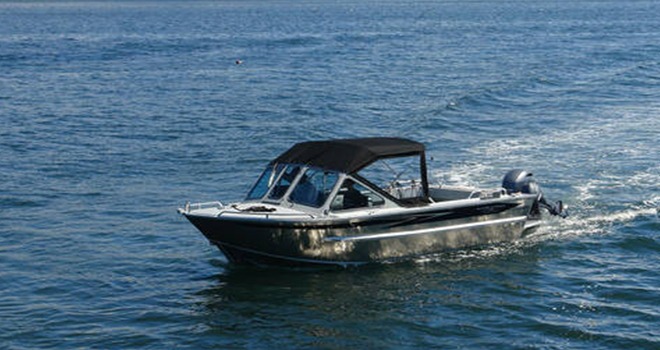
In saltwater environments, the behavior of different aluminum alloys can vary significantly.
5083 Aluminum
5083 aluminum in salt water reveals a unique corrosion response: Cl- ions adhere to active sites on its surface, triggering passivation film dissolution and the creation of soluble AlCl3, leading to corrosion pits. Over time, the buildup of corrosion products forms a protective barrier, shielding the 5083 aluminum alloy from additional corrosion. Compared to the 5052 and 6061 alloys, this alloy demonstrates superior corrosion resistance in marine environments.
5052 Aluminum
The 5052 aluminum boasts a solid track record in marine environments, offering a good balance of corrosion resistance and mechanical properties. While not as inherently corrosion-resistant as the 5083 aluminum, the 5052 demonstrates commendable performance in saltwater conditions, making it a reliable option for applications where moderate corrosion resistance is required.
6061 Aluminum
Distinguished by its versatility and strength, the 6061 aluminum is a popular choice for a wide range of applications, including those in saltwater environments. However, compared to the 5083 and 5052 aluminium in salt water, the 6061 aluminum may exhibit higher susceptibility to pitting corrosion under certain conditions due to microcouple potential differences within its structure. Despite this, its overall robustness and mechanical properties make it a viable option for marine applications where specific corrosion risks are managed effectively.
Optimal Aluminum Grades for Diverse Marine Zones
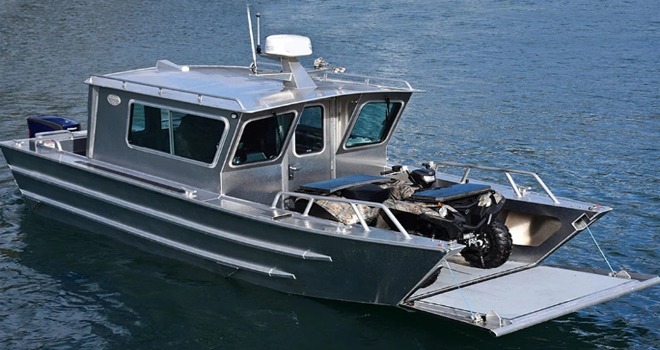
5083 Aluminum For Various Marine Zones
In marine settings ranging from the atmosphere to complete immersion in seawater and seabed sediment zones, the 5083 Aluminum Alloy emerges as the prime choice due to its exceptional corrosion resistance and protective capabilities. Ideal for the marine atmosphere, it forms a barrier against chloride ions, ensuring longevity and durability. Similarly, in scenarios of complete seawater immersion, the 5083 alloy excels with its superior corrosion resistance and protective abilities, maintaining durability over extended periods. Moreover, in seabed sediment environments prone to pollutant accumulation, the 5083 alloy’s robust corrosion resistance combats corrosion effects effectively, safeguarding material integrity amidst challenging conditions.
5052 Aluminum For Splash Zone
The 5052 aluminum alloy is a suitable option for the splash zone, where equipment is exposed to cycles of moisture and drying. With its balanced corrosion resistance and mechanical properties, the 5052 alloy can withstand the fluctuating conditions of the splash zone, providing reliable performance in this environment.
6061 Aluminum For Ocean Tidal Range
The 6061 aluminum alloy is well-suited for the ocean tidal range, where materials face varying exposure levels to seawater. Known for its versatility and strength, the 6061 alloy can adapt to the dynamic conditions of the tidal range while offering robust mechanical properties to withstand the challenges presented by fluctuating seawater exposure.

